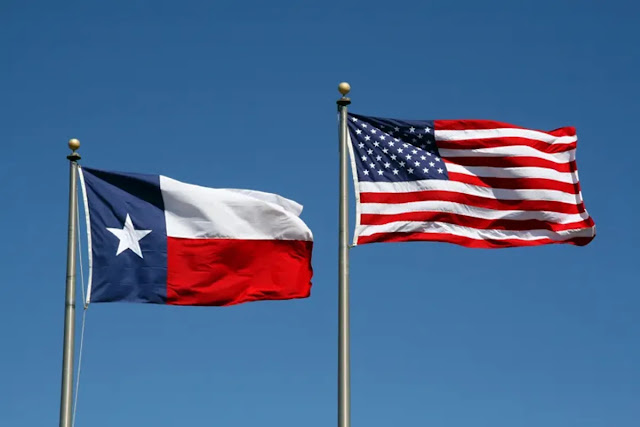Rev. Emily C. Heath Explains Religious Liberty For Christian "Victims"
Rev. Emily C. Heath shows the difference in true religious persecution and playing the victim card. So many right wing christians claim that they are being oppressed because they can't impose their beliefs on other people. They need to take the quiz below.
Via Huffington Post:
I'm a religious person with a lifelong passion for civil rights, so this is of great interest to me. So much so, that I believe we all need to determine whether our religious liberties are indeed at risk. So, as a public service, I've come up with this little quiz. I call it "How to Determine if Your Religious Liberty Is Being Threatened in Just 10 Quick Questions." Just pick "A" or "B" for each question.
1. My religious liberty is at risk because:
A) I am not allowed to go to a religious service of my own choosing.
B) Others are allowed to go to religious services of their own choosing.
B) Others are allowed to go to religious services of their own choosing.
2. My religious liberty is at risk because:
A) I am not allowed to marry the person I love legally, even though my religious community blesses my marriage.
B) Some states refuse to enforce my own particular religious beliefs on marriage on those two guys in line down at the courthouse.
B) Some states refuse to enforce my own particular religious beliefs on marriage on those two guys in line down at the courthouse.
3. My religious liberty is at risk because:
A) I am being forced to use birth control.
B) I am unable to force others to not use birth control.
B) I am unable to force others to not use birth control.
4. My religious liberty is at risk because:
A) I am not allowed to pray privately.
B) I am not allowed to force others to pray the prayers of my faith publicly.
B) I am not allowed to force others to pray the prayers of my faith publicly.
5. My religious liberty is at risk because:
A) Being a member of my faith means that I can be bullied without legal recourse.
B) I am no longer allowed to use my faith to bully gay kids with impunity.
B) I am no longer allowed to use my faith to bully gay kids with impunity.
6. My religious liberty is at risk because:
A) I am not allowed to purchase, read or possess religious books or material.
B) Others are allowed to have access books, movies and websites that I do not like.
B) Others are allowed to have access books, movies and websites that I do not like.
7. My religious liberty is at risk because:
A) My religious group is not allowed equal protection under the establishment clause.
B) My religious group is not allowed to use public funds, buildings and resources as we would like, for whatever purposes we might like.
B) My religious group is not allowed to use public funds, buildings and resources as we would like, for whatever purposes we might like.
8. My religious liberty is at risk because:
A) Another religious group has been declared the official faith of my country.
B) My own religious group is not given status as the official faith of my country.
B) My own religious group is not given status as the official faith of my country.
9. My religious liberty is at risk because:
A) My religious community is not allowed to build a house of worship in my community.
B) A religious community I do not like wants to build a house of worship in my community.
B) A religious community I do not like wants to build a house of worship in my community.
10. My religious liberty is at risk because:
A) I am not allowed to teach my children the creation stories of our faith at home.
B) Public school science classes are teaching science.
B) Public school science classes are teaching science.
Scoring key:
If you answered "A" to any question, then perhaps your religious liberty is indeed at stake. You and your faith group have every right to now advocate for equal protection under the law. But just remember this one little, constitutional, concept: this means you can fight for your equality -- not your superiority.
If you answered "B" to any question, then not only is your religious liberty not at stake, but there is a strong chance that you are oppressing the religious liberties of others. This is the point where I would invite you to refer back to the tenets of your faith, especially the ones about your neighbors.




Comments
Post a Comment